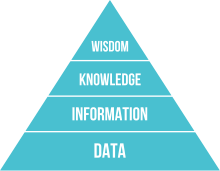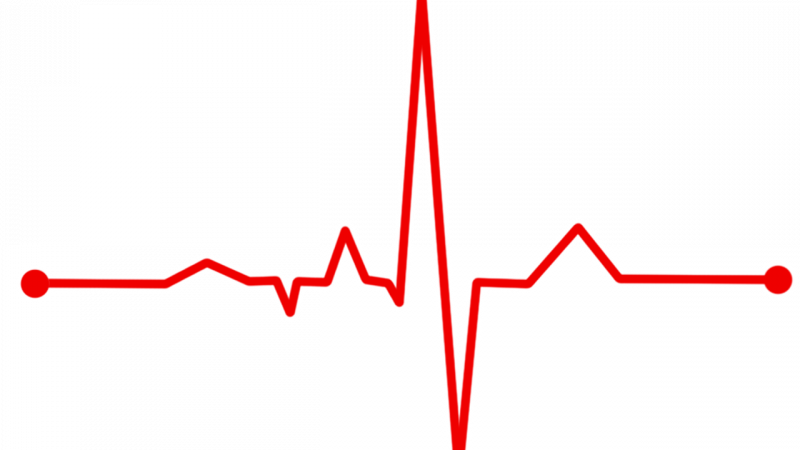Is your Heart Rate Monitor trying to tell you something?
If you dont have one – are you missing something important?
With every second person packing a smartwatches there more and more people with HR monitors strapped to them and they have been the training toy of choice for runners for years but is there any point to staring down those numbers religiously? If you arent tracking every beat your heart makes during exercise are you even really exercising? (if its not on Strava did it even happen)
To make a quick initial point here – wrist based monitors (aka optical monitors) are not very accurate, and not accurate when it comes to data essentially makes it useless – in fact less than useless as it can mess up your training. Straps are reliable (I recommend the Wahoo Strap – not the forearm strap, you can buy one here // end shameless plug), they might be a bit annoying to have around your chest but they are accurate which is pretty important.
Garmin who are one of the leaders in GPS and Heart Rate Monitors actually has a disclaimer on their website regarding the accuracy of “wearables” – Garmin wearables are not medical devices, and the data provided by them is not intended to be utilized for medical purposes.
To make a second point this article is not going into deep depths of the specifics of heart rate training like what “zones” etc you should be working it, it is however hopefully going to get you thinking a little bit more about why you have that thing strapped to your wrist and whether it should be there or not.
Im going to use a version of the Data Information Knowledge Wisdom pyramid to explain heart rate monitor usage in a general conceptual sense, now before the nerds of the world jump all over me for my usage of it Im am going to preface this with – I am applying some basic definitions to each step of the pyramid to try and make everything reasonable understandable for anyone reading this – I am not writing an article for New Scientist here.
Data, Information, Knowledge and Wisdom are 4 different things and the pyramid is a way to explain how the hierachy plays out here and where your HR monitor usage currently sits –

Data – is objective facts or observations, which are unorganized and unprocessed and therefore have no meaning. In respect to your heart rate monitor that is the raw numbers that are being kicked out – ie 145 bpm. To go back to an earlier point re: optical monitors – if the initial data isnt accurate it cant be converted into information / knowledge / wisdom and is basically useless
Information – is defined as data that is endowed with meaning and purpose, in respect to your heart rate monitor we could consider average heart rate during a session to be information, total calories expended during a session could also be considered information (as long as you had an accurate heart rate monitor, had entered all of your metrics – weight, age etc accurately and the calculation that your software used was accurate) We could also consider things like a low heart rate or a high heart rate reading to be information, if you as the user are able to convert the data the monitor is giving you into information by giving it meaning (you know what a high or low heart rate reading would be and can therefore apply that to the data you are being given) – this is starting to delve into the area of knowledge
Knowledge is the synthesis of multiple sources of information over time (accumulated learning). In regards to the heart rate monitor I see knowledge as being able to take the information that you are being given and start actually doing something with it – ie you can seek specific outcomes from your training using the monitor “Im looking to do sprint work and need to get my HR up to 170 BPM” orr “Im doing an recovery session and need to keep my HR below 130BPM”. Using the information the monitor is giving you in addition to information like where your heart rate should be for a recovery, it becomes knowledge and this is where the monitor actually starts becoming very useful. You are starting to get specific outcomes utilising the information you have.
Wisdom –is a hard one to define but a simple version of it is – integrated knowledge—information made super-useful or higher levels of interpretation. The line between wisdom and knowledge can be a bit of a blurry one for our heart rate monitor example Im describing wisdom as higher levels of interpretation, being able to do more with the knowledge. An example of this could be doing a “recovery session” with a low heart rate and understanding the mechanisms behind why your heart rate might be unusually high during that session like being overtrained, under recovered etc and being able to make finer adjustments to your training based on this
Now all of this may have read like an overly wordy and at times ambiguous explanation for what you are getting from that little thingy on your wrist, to summarise it very briefly –
MOST PEOPLE ARE JUST GETTING DATA FROM THEIR HEART RATE MONITOR
Yes its true, for most people thats all they are getting – as we defined earlier, data is meaningless until it becomes information or knowledge. People see these numbers kicked out (a lot of the time inaccurate numbers) – look at them, have no idea what they mean, get distracted from the actually training task at hand by them and then do nothing with them.
So are heart rate monitors useful? In the right situation and the right application they are absolutely useful if not essential, but the caveat to that statement is right situation and application – numbers for numbers sake are just using up mental energy that you could be applying to being more focussed on the task at home and being more in tune to your body and yourself. If you are keen to use a monitor and get more out of it – do a bit of research, speak to a trainer, find out more and make those numbers work for you – if they aren t working for you, perhaps don t bother taking it out of the gym bag

